Cornelia A.
Overton
Image
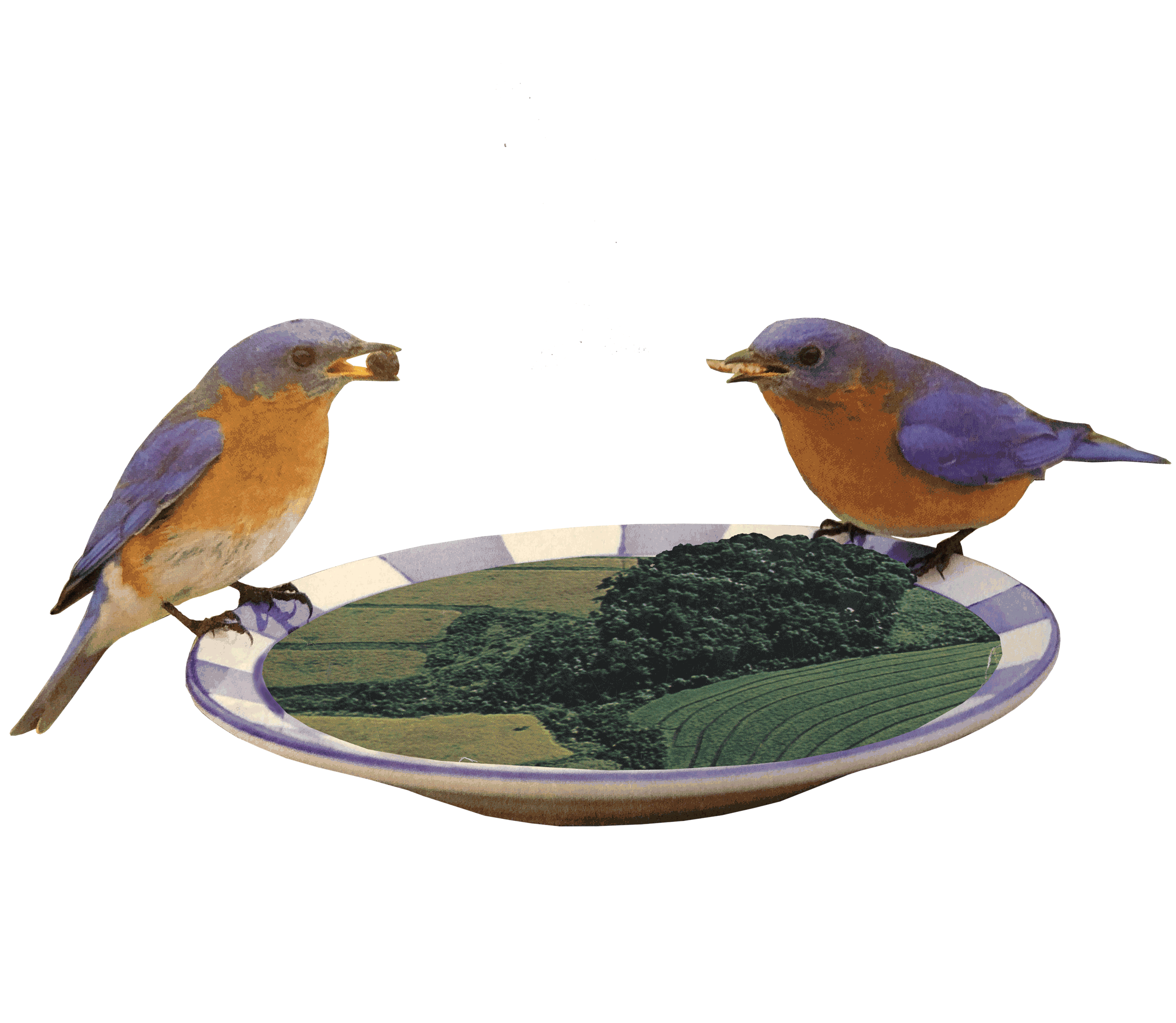
Image
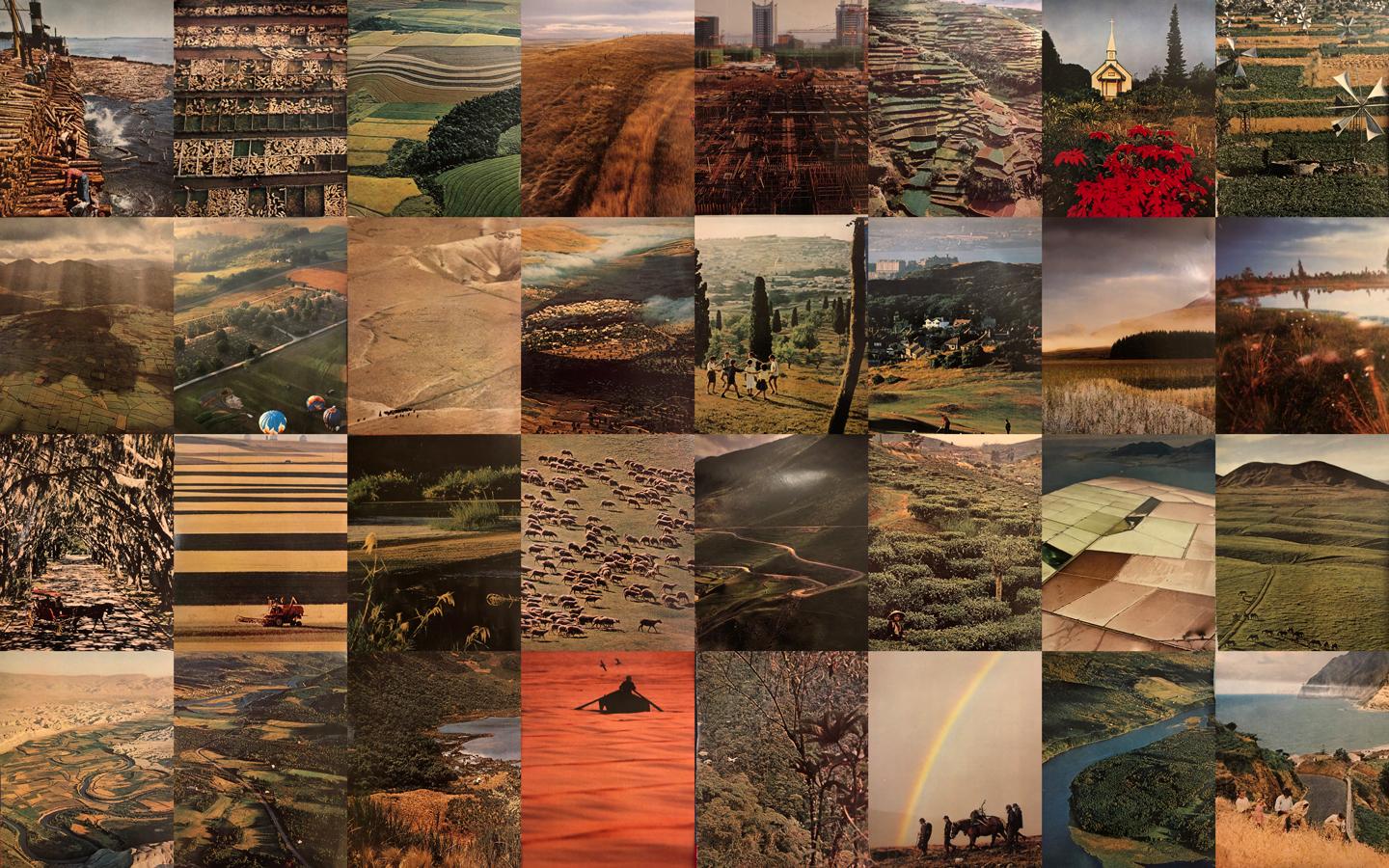
what is
rural design?
What is Rural Design?
Theory and Design Concepts for the Green New Deal in Dekalb County, Tennessee
In contemporary design conversations, rural areas are discussed less than urban ones, and yet rural communities are in need of good design, and a new rural pattern language could hold the keys to a healthier human relationship with our environment. If the United States were to enact a Federal Green New Deal, rural landscapes stand to see big changes. Not only would landscape architects have new funded opportunities to design in rural places, but bolstered support of ecological urbanism would have broader repercussions in the rural landscape.
By exploring the changing meaning of rurality, translating urban design theory for rural contexts, and examining past approaches to rural design in middle Tennessee, this project aspires to discover how Green New Deal interventions might be placed in one rural landscape, according to a revised definition of the rural, to achieve the best possible outcomes for local community and larger planet.
Image
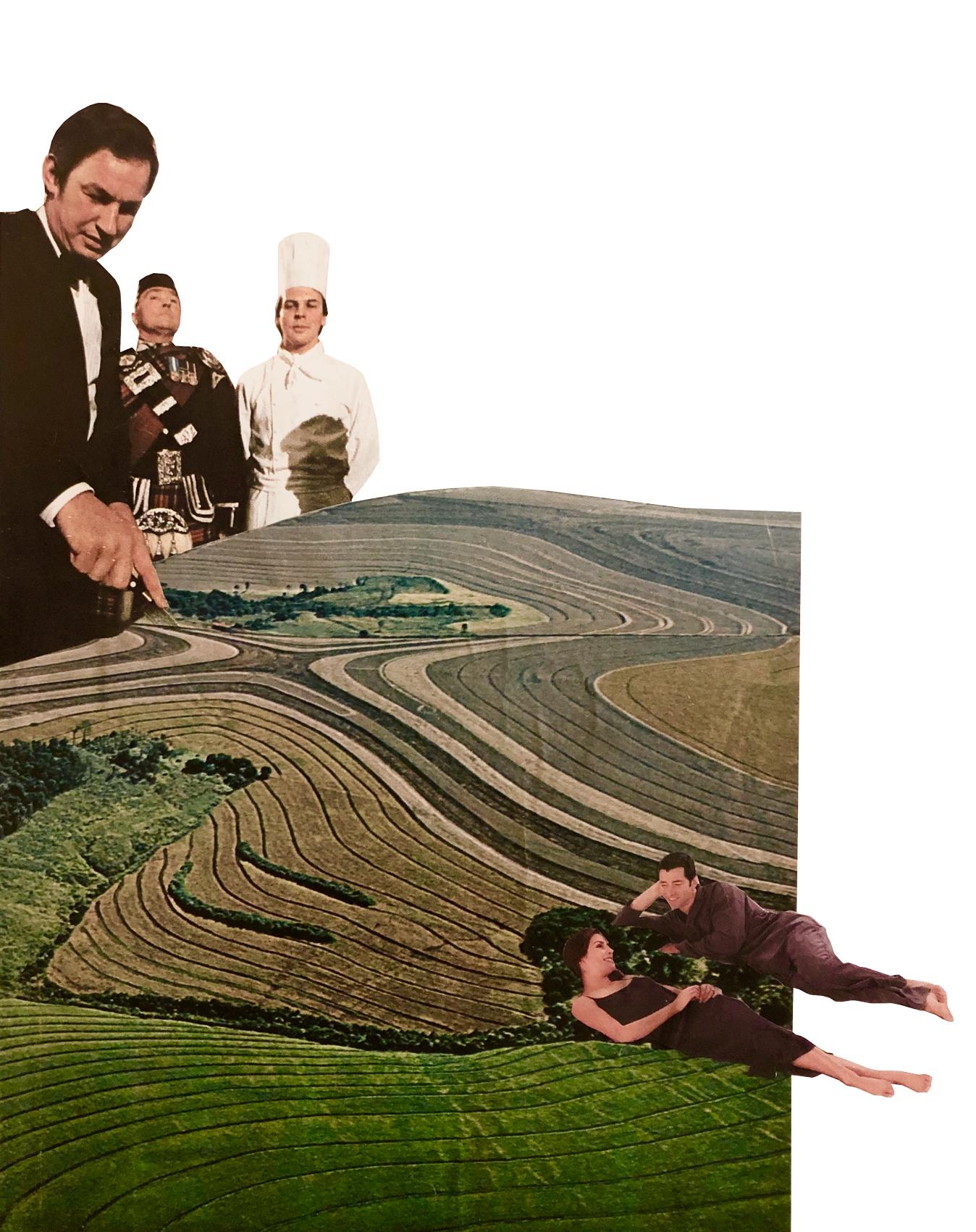
Image
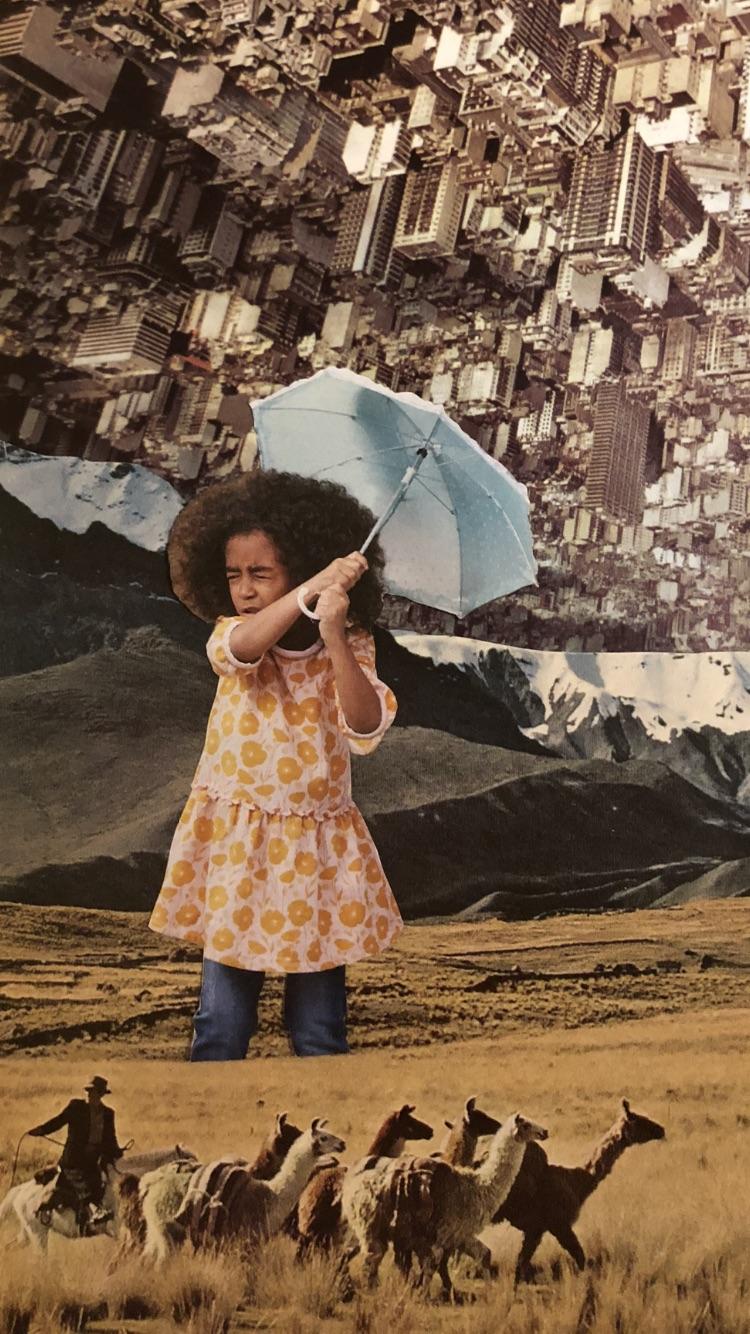
Image
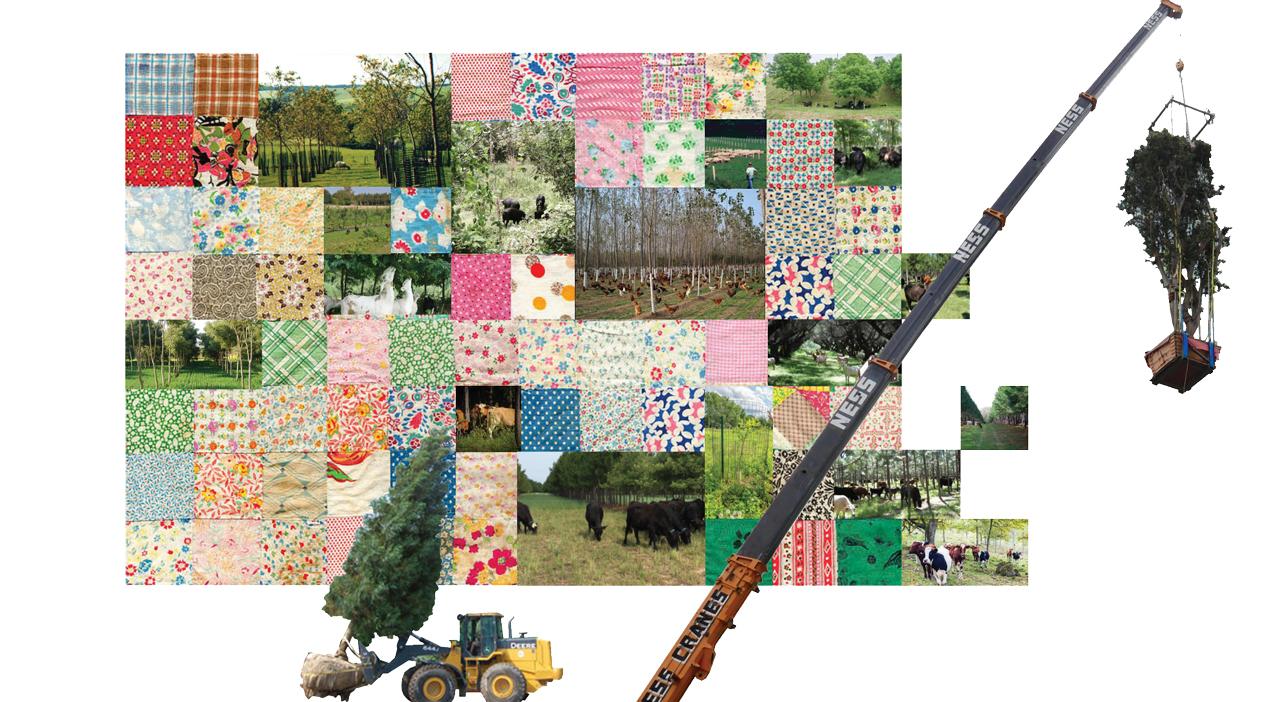
Image
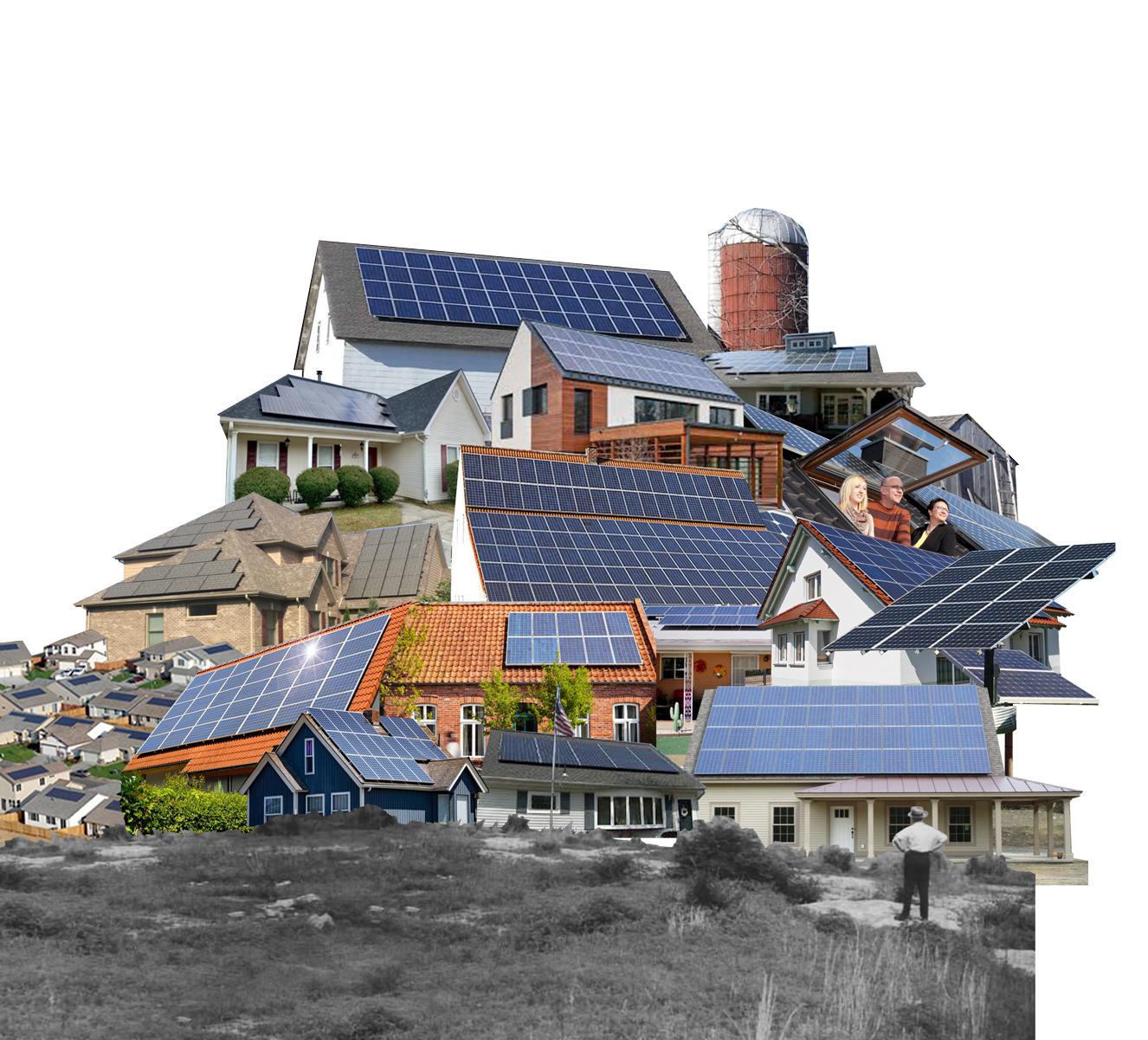
Image
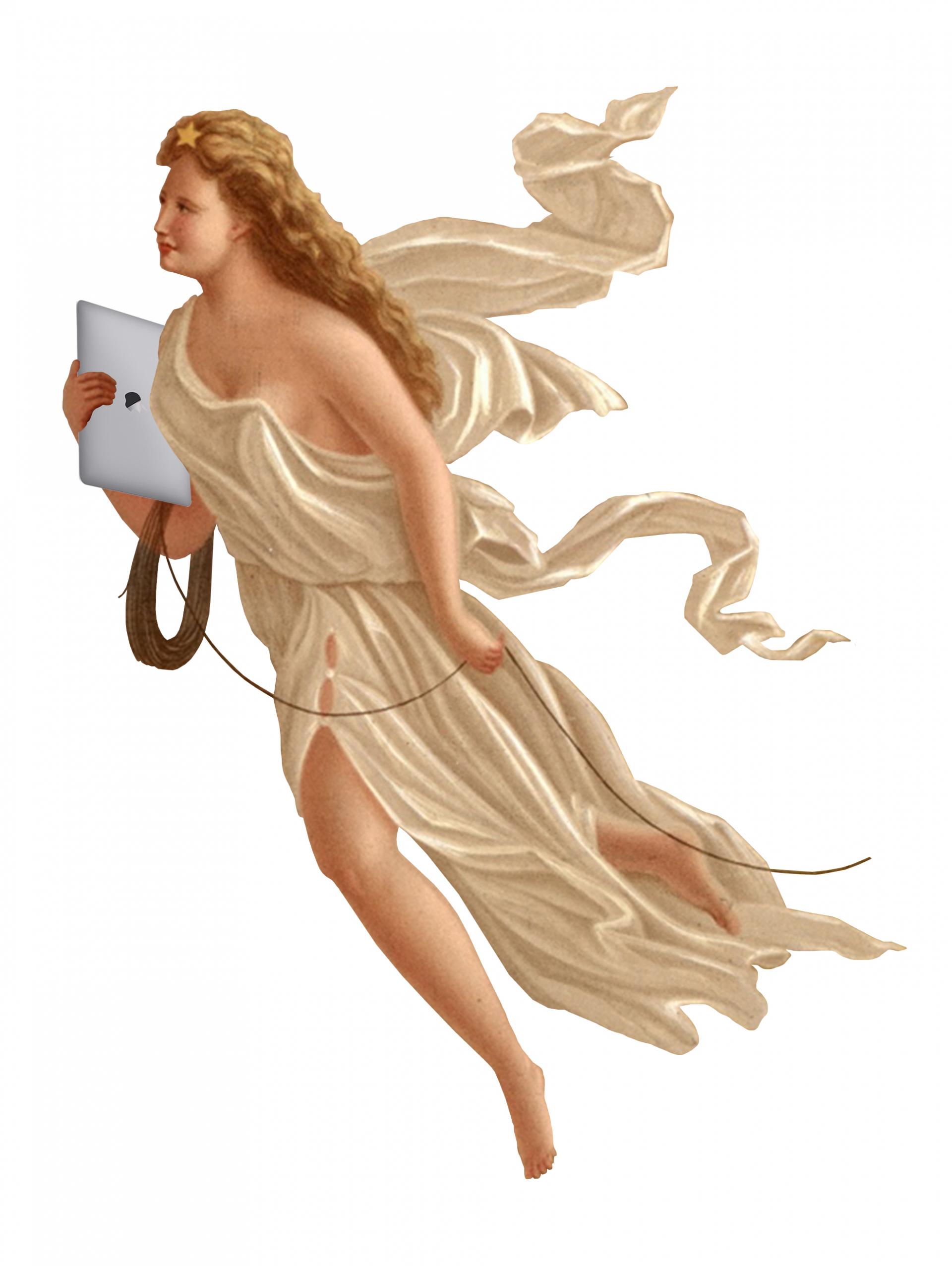
Image
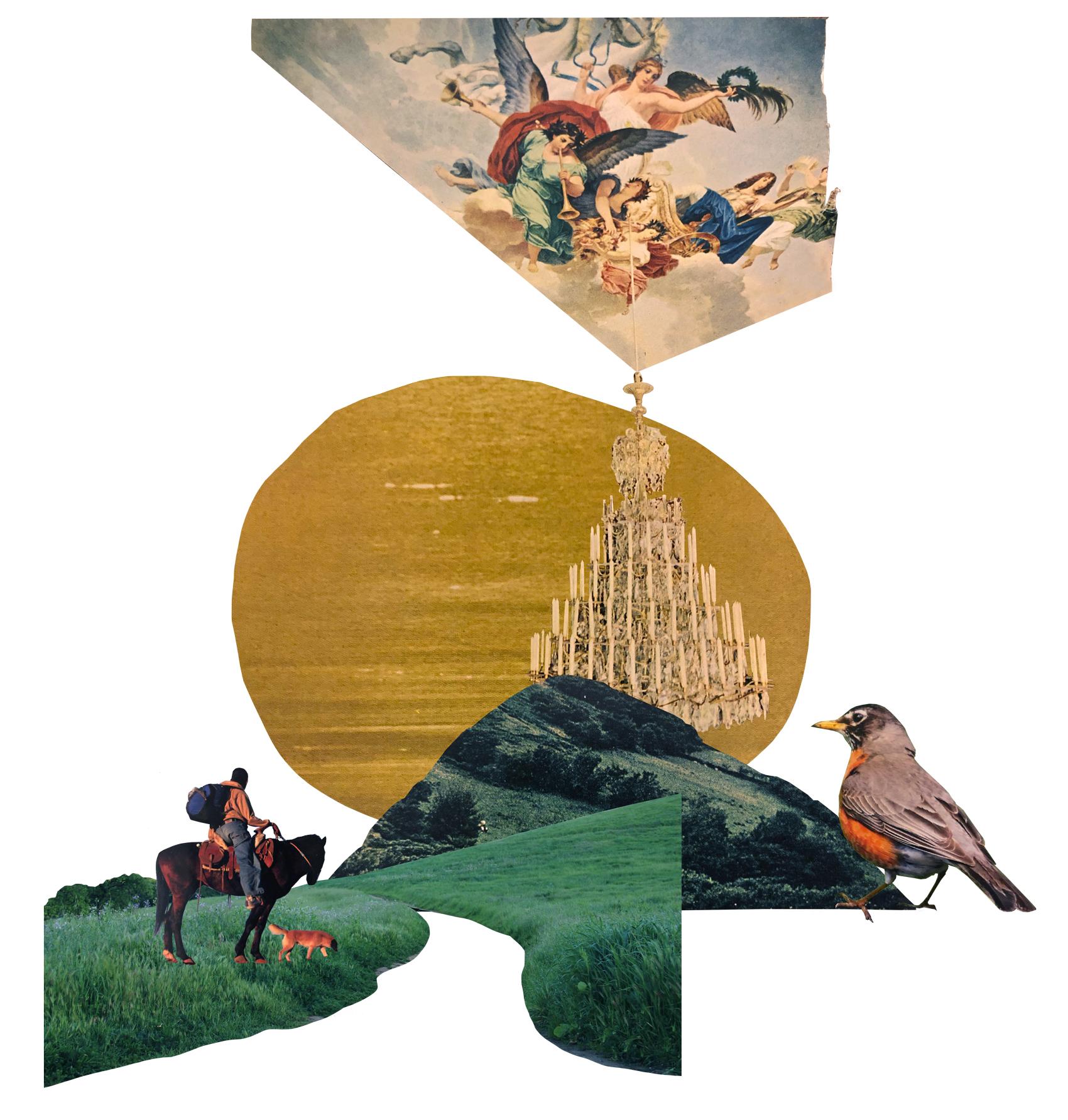
Image
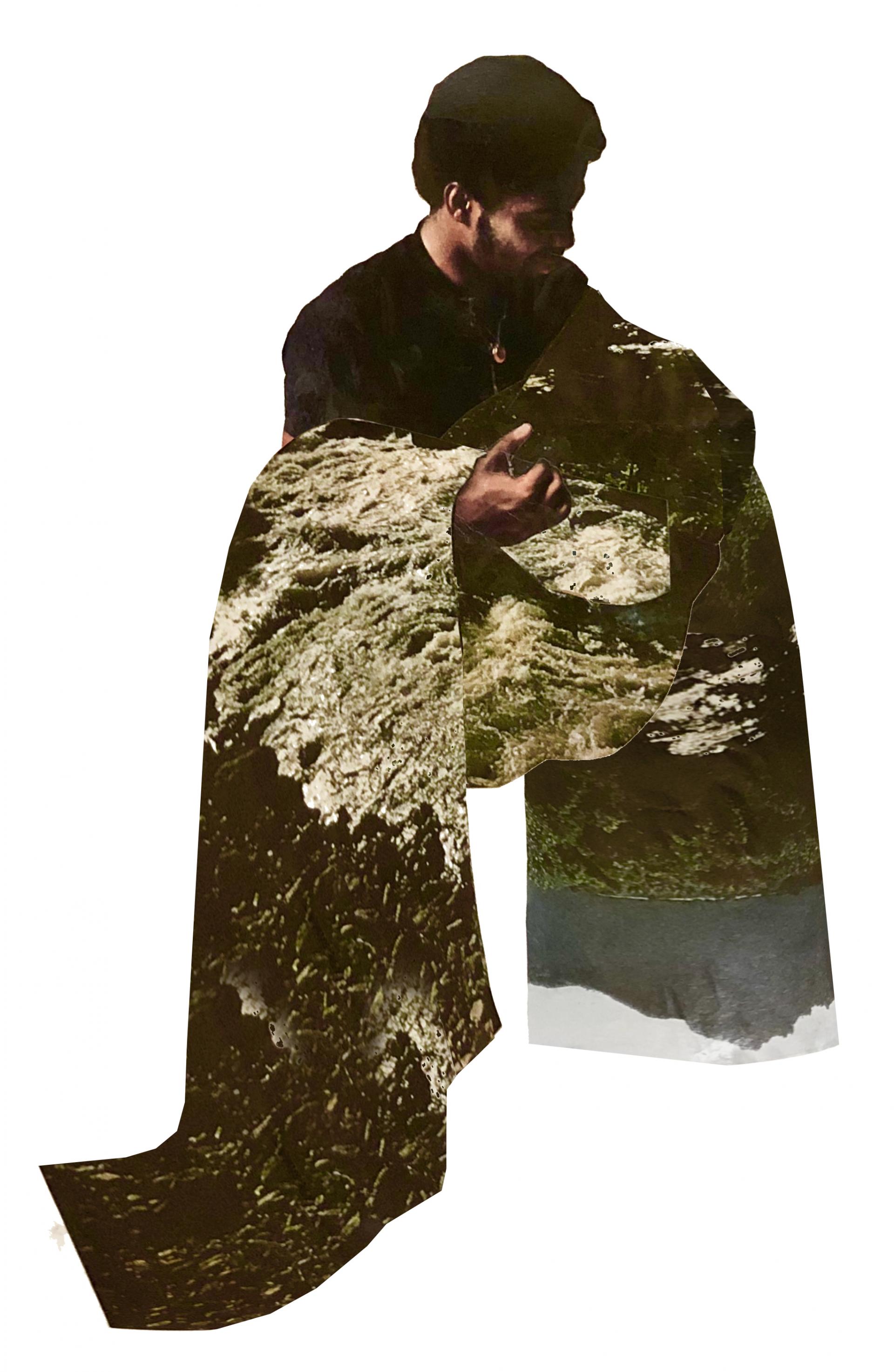
Image
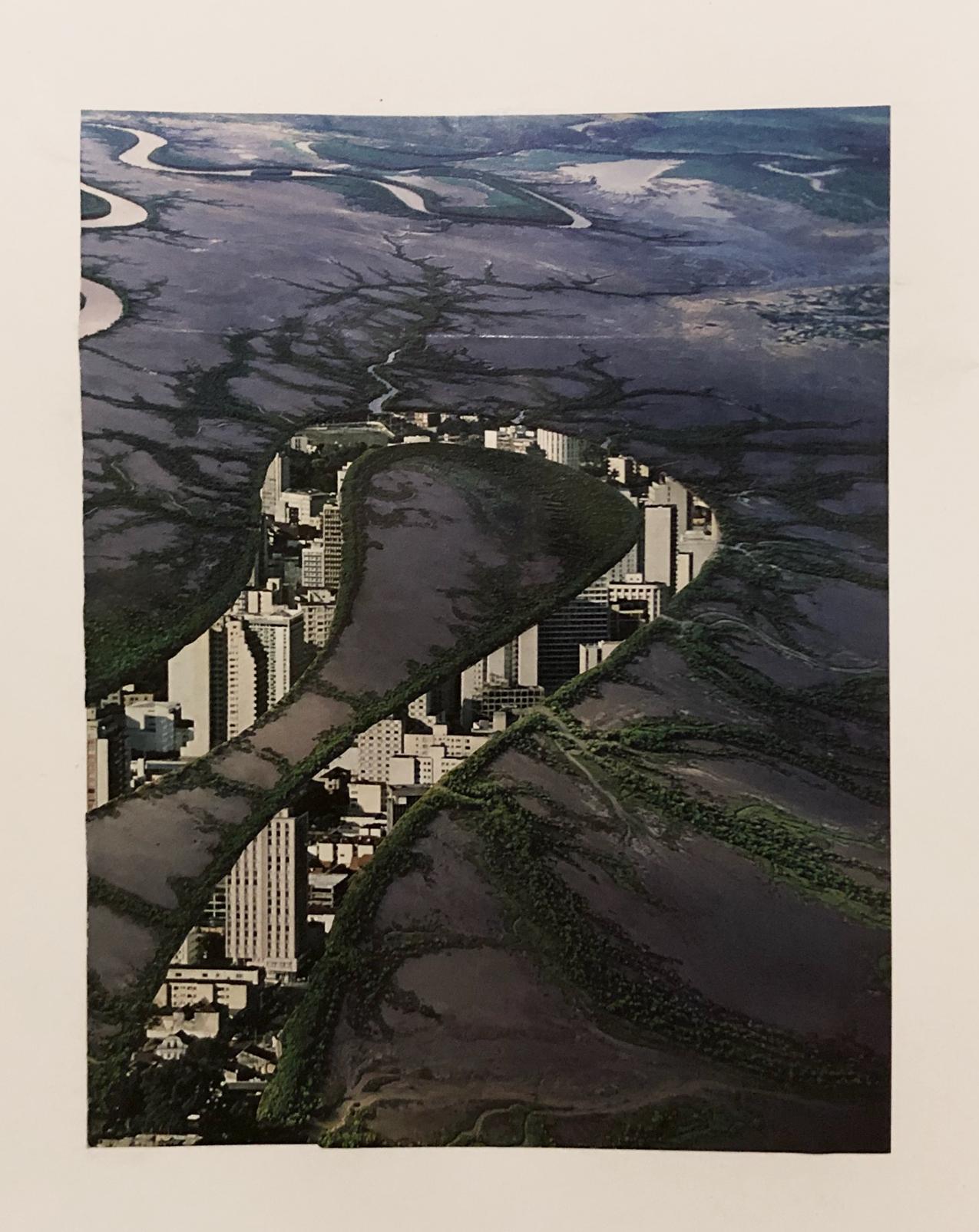
Cornelia A. Overton came to RISD’s MLA program from cultural anthropology, environmental studies, carpentry, farming, and teaching music. Originally from the Upper Cumberland region of Tennessee, Cornelia advocates for positive design in the Southeast and rural communities. Her thesis research centers on the potential for rural landscapes to serve as models for and primary responses to the challenges of climate change. In grad school, her work explored a range of issues related to cultural meaning, ecological health, and climate adaptation, all united in the desire to question norms, trust people, interpret reality with radical openness, and provoke creative and unexpected visions of a better future. Moving forward as a designer, she intends to grow through practice and hybrid forms of creativity. Outside of her landscape design work, she can be found playing the fiddle, making ceramics, riding her bicycle, and stopping to help turtles cross the road.